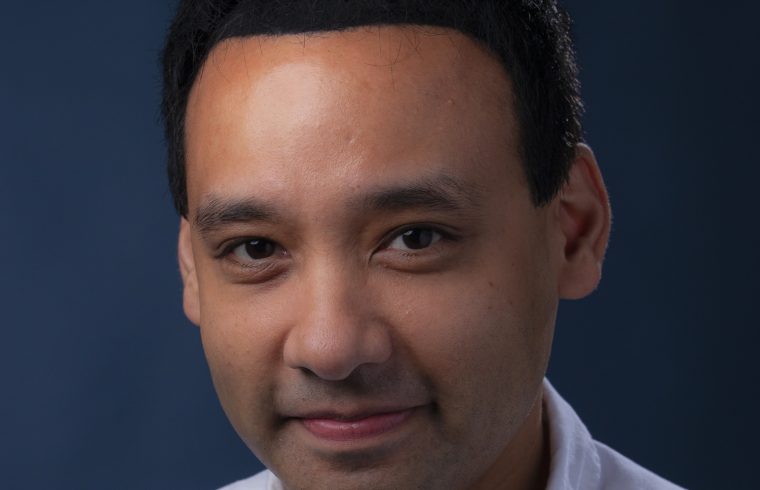Prosecutors in the murder trial of ex-Dallas police Officer Amber Guyger focused on a series of text exchanges she shared with her partner at the time, whom she had been having a sexual relationship with, to question her defense that she was fatigued from work on the night she fatally shot her neighbor.
The testimony of her former partner, Officer Martin Rivera, capped the end of the first day of Guyger’s murder trial on Monday, when prosecutors revealed the pair had sent sexually explicit messages to each other throughout the day and just before she shot her neighbor, Botham Jean, on Sept. 6, 2018.
Rivera testified that he would send Guyger, 31, provocative photos of himself.
Lead prosecutor Jason Hermus said that Guyger and Rivera were texting each other hours before the shooting, including one message in which she said she was “super horny today.”
Hermus said that at about 9:30 p.m., as Guyger finished her 13-1/2-hour shift, she sent Rivera a Snapchat message that read, “Wanna touch?”
Details of that night continued with other testimony in a Dallas courtroom Tuesday morning, including from the 911 operator who took the call and a police officer’s bodycam video taken from inside Jean’s apartment as officers tried to resuscitate him.
Neither the prosecution nor the defense disputes that just before 10 p.m., Guyger parked on the wrong floor of her apartment complex and walked to Jean’s apartment, which she said she mistook for her unit and then opened fire on the 26-year-old accountant. She told investigators she thought he was an intruder.
Guyger was still in her uniform at the time.
While the defense on Monday argued that she had made a tragic mistake — one without any criminal intent — after a long day of work, prosecutors laid out that she was instead distracted.
After Guyger got off from work, she and Rivera had a 16-minute phone conversation that ended as she arrived at her apartment complex’s parking garage. The police department is about two blocks from the complex.
After getting off the phone with Rivera, Guyger had parked on the fourth level, instead of the third, where her apartment was, Hermus said.
At 10:02 p.m., Hermus said, Rivera received a text message that said, “I need you. Hurry.” A minute later, she texted: “I f—– up.”
Prosecutors said that occurred while Guyger was on the phone with 911.
“Should you be giving 100 percent of attention to the person dying in front of you?” Hermus asked Rivera.
“Yes, you should,” he responded.
“Should you be sending text messages?” Hermus asked.
“No,” Rivera replied.
Prosecutors also revealed that the day after the shooting, Guyger and Rivera had deleted their text messages to each other, but they were later recovered.
Rivera testified that he deleted the texts because “that’s not something I want to be reminded of. I don’t keep messages saved unless it’s of importance.”
Lee Merritt, an attorney for the Jean family who is representing them in a civil lawsuit against Guyger, later tweeted that the pair “actively conspired to hide evidence.”
Guyger’s defense team denied that she and Rivera were actually going to meet up the night that Jean was killed, and painted their relationship as one that was “ramping down.”
Defense attorney Robert Rogers also said the relationship was irrelevant to what later occurred. Other tenants, he added, had made a similar mistake of parking on the wrong floor or going to the wrong apartment because of insufficient numbering.
“How is that unreasonable?” Rogers asked the jury. “How is that selfish and evil on Amber Guyger’s part?”
Rogers suggested that Guyger might testify during her trial, which could last two weeks.
The case against Guyger, who is white, and the death of Jean, who was black, has gained national attention as a striking example of police use of deadly force entwined with perceptions of racial bias and the safety of law-abiding citizens inside their own homes.
Guyger, who had been on the Dallas police force for more than four years, was fired in the weeks after the shooting. She was initially charged with manslaughter, but a grand jury indicted her with murder. She faces a maximum of life in prison if found guilty.












